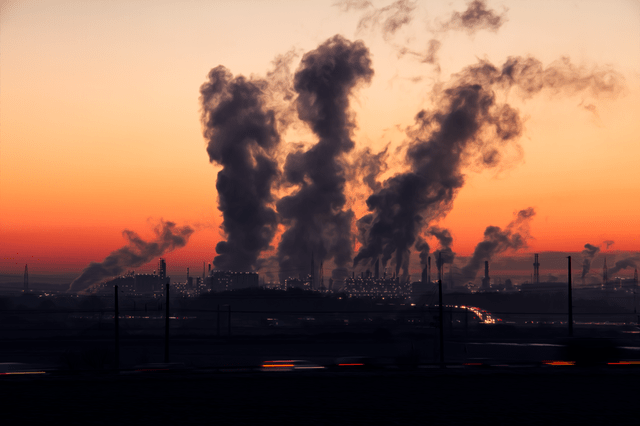Air pollution tends to reduce the average life expectancy of people globally. It possesses the greatest threat to human life than any other factor. The analysis finds toxic air could reduce the lifespan as much as 1.8 years, making it the main threat to human health.
The research that was conducted focused primarily on the impact of particulate matter on the human life expectancy. The particulate pollution is produced by the burning of fossil fuels by vehicles and industry. It was found that in many parts of the worst-affected nations – India and China – lifespan was being shortened by as much as six years. The work was a combination of research on the reduced lifespan caused by long-term exposure to particulates and drafting very detailed pollution maps. The impact of toxic air is greater than that of cigarette smoking or HIV/Aids.
According to an interview with “The Guardian”, Michael Greenstone, the director of the Energy Policy Institute at the University of Chicago said: “While people can stop smoking and take steps to protect themselves from diseases, there is little they can individually do to protect themselves from the air they breathe.
The [research] tells citizens and policymakers how particulate pollution is affecting them and their communities and reveals the benefits of policies to reduce particulate pollution.” Michael was the supervisor of the study and a popular environmentalist.
In October, the WHO’s director general told “The Guardian”, that air pollution is the “new tobacco”. “Despite this epidemic of needless, preventable deaths and disability, the smog of complacency pervades the planet,” stated Dr. Tedros Adhanom Ghebreyesus. According to the World Health Organization, about 90% of people are exposed to unsafe air killing about 7 million people per year and harming billions more.
In the US alone, about one-third of the population dwells in areas with polluted air. Some living in the most polluted counties could expect to live up to one year longer if the air were clean. In London, the research indicates an average cut in the lifespan of four months.
A study to identify the effects of poor air quality on school going children was conducted by the British Lung Foundation with more than 2,000 schoolchildren participating in the research in London. This was the first study in a city where diesel pollution is a significant factor. According to the study, it was found that pollution from diesel vehicles was stunting the growth of children’s lungs, leaving them damaged for life.
The WHO has created a measurement called the air quality life index (AQLI) that allows people to compare their life expectancy with the average life expected to help them to find out their probable life expectancy if they breathed air that met WHO guidelines, compared to where they live.
Greenstone stated that “Around the world today, people are breathing air that represents a serious risk to their health. But the way this risk is communicated is very often opaque and confusing. We have developed the AQLI to address these shortcomings. It takes particulate air pollution concentrations and converts them into perhaps the most important metric that exists – life expectancy.”
The study that was conducted by the WHO also pointed out that the global average reduction in lifespan is 1.8 years, which is more than the 1.6 years that results from smoking tobacco. Other risks to human health have even smaller effects: dirty water and sanitation cut lifespan by seven months, and HIV/Aids by four months on average. Deaths from war and terrorism equate to a reduction of 22 days in the global average lifespan.






